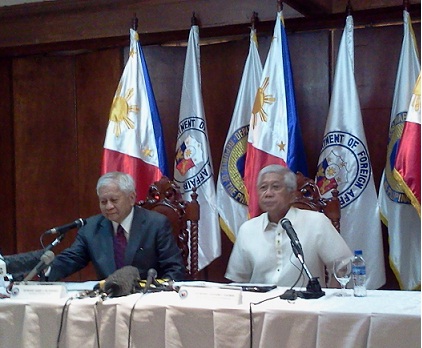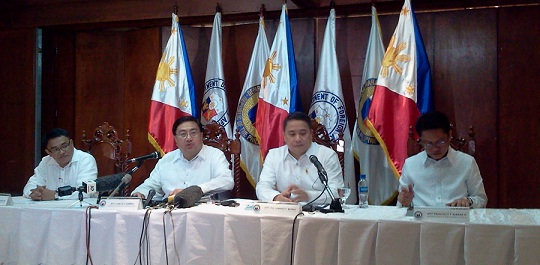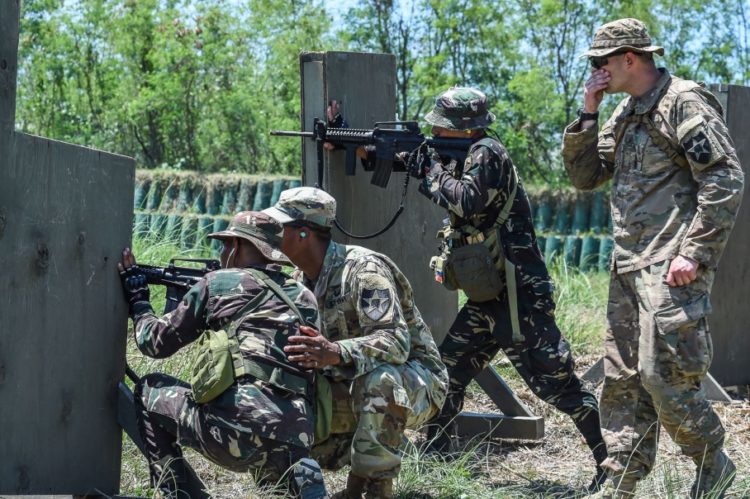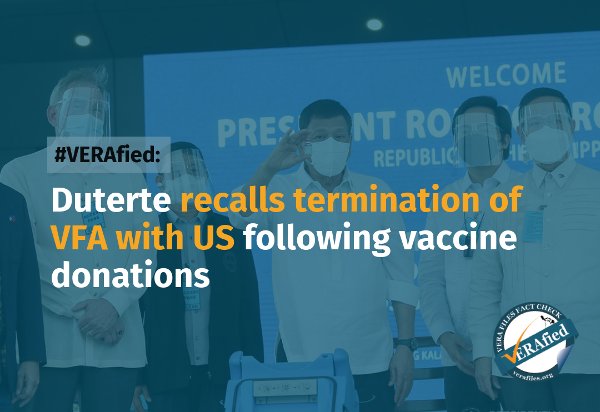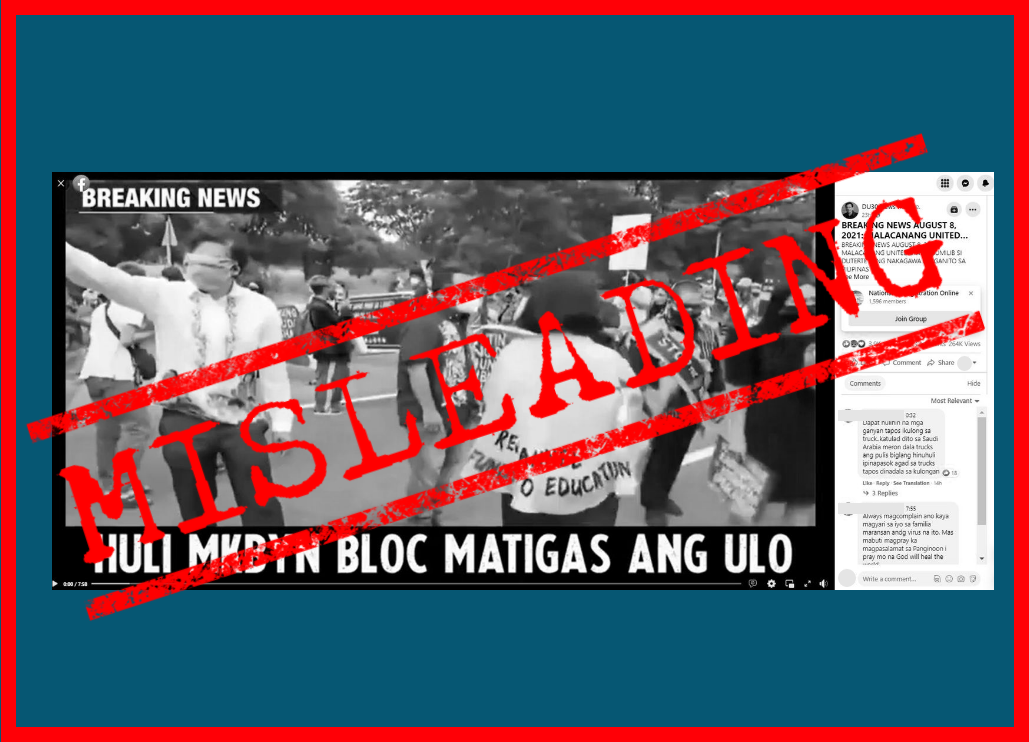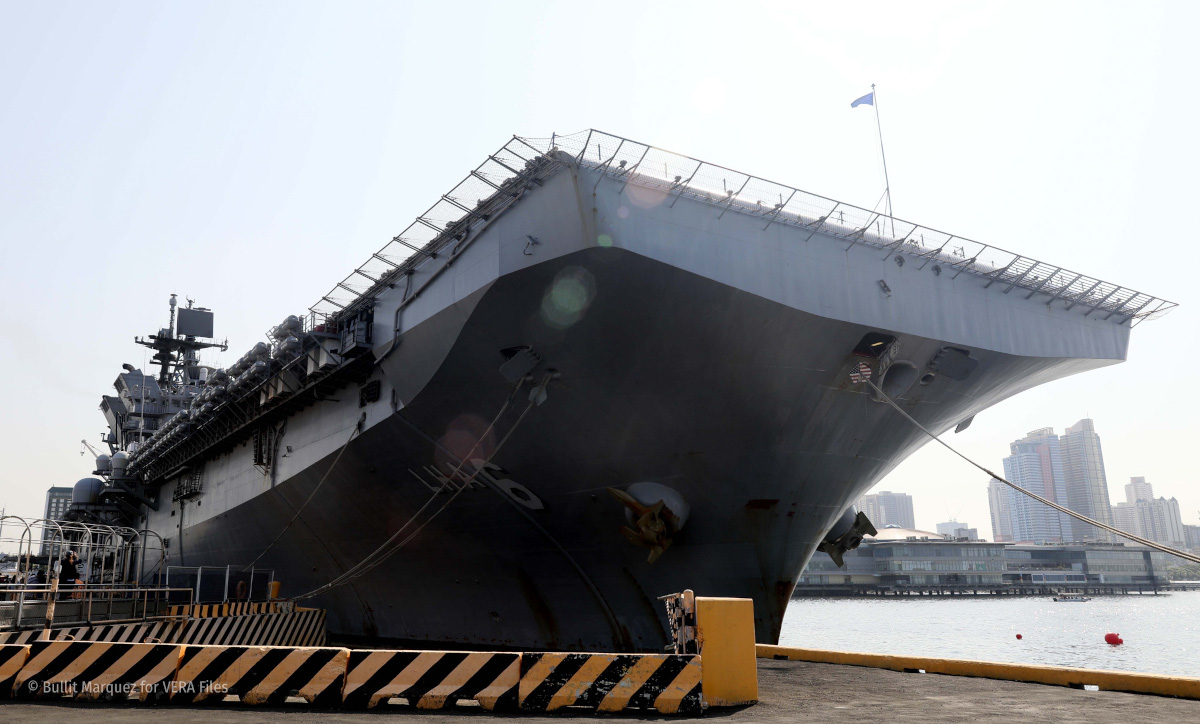By JOHNNA VILLAVIRAY GIOLAGON
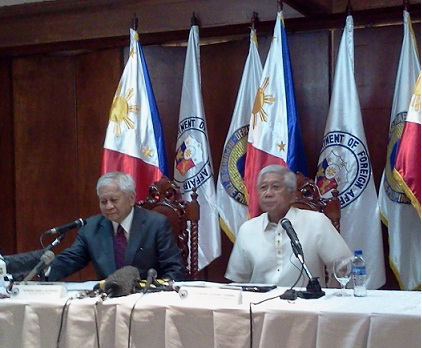 THE new accord being negotiated by the Philippines and the United States on increased American presence in the country will be covered by an executive agreement and will not be subjected to a Senate ratification.
THE new accord being negotiated by the Philippines and the United States on increased American presence in the country will be covered by an executive agreement and will not be subjected to a Senate ratification.
“We are looking at this agreement to be between the Department of National Defense and the Department of Defense of the United States and, therefore, the signatories will be representatives of those departments,” said Foreign Affairs Assistant Secretary Carlos Sorreta, who is also a member of the Philippine panel that will negotiate with the United States in the expanded access of American forces in the Philippines.
The Philippines and the United States announced that the first round of negotiations for an agreement that, among other activities, would allow the US to preposition military assets without formal basing arrangement will start Wednesday.
The negotiations will take place with the backdrop of Beijing’s increasing military assertiveness in the contested waters and Manila’s inability to project its maritime interests due to a practically non-existent Navy and Air Force.
“Our region would also need to know that we are steadfastly for peace; but that we stand ready to tap every resource, to call on every alliance, to do what is necessary in order to defend what is ours, to secure our nation and to keep our people safe,” Foreign Secretary Albert del Rosario said at a briefing in military headquarters Monday morning.
The agreement to be negotiated expands on the existing PH-US Visiting Forces Agreement (VFA) that stipulates privileges and obligations of American troops in the Philippines for joint military exercises and vice versa.
On top of joint war games, the US rotates around 600 troops to give advice on counter-terrorism efforts in restive southern Mindanao.
Sorreta said the new agreement “will indicate what are the activities under increased rotational presence…what can be done, what can’t be done, where it will be done, where it should not be done.”
Sorreta also serves as the Foreign Department’s Assistant Secretary for US and American Affairs Division.
Specific activities will be determined a year ahead by the Mutual Defense Board – comprised by the Philippine Armed Forces top brass and the US Pacific Command – that also plans regular joint military exercises like the annual Balikatan (shoulder-to-shoulder) exercises.
But among the activities envisioned under the new agreement is the prepositioning of still unspecified US military assets “for disaster response and development of PH facilities.”
“One of the possible benefits for the Philippine government, for the DND and AFP particularly, is the possibility of these temporarily deployed equipment to be used by the Philippine government for key mission areas such as maritime security, maritime domain awareness, and humanitarian assistance and disaster relief,” said Defense Undersecretary Pio Lorenzo Batino, a member of the four-man negotiating team.
Batino underscored that joint maritime domain awareness missions or patrols “will have to be planned and consented to” and “only if this will serve also our interest.”
Asked if data collected by the Americans during these missions will be shared to the Philippines, Batino replied: “Yes, we will insist on that because we will not agree on an activity that will not benefit us.”
The Philippines sorely lacks ships and aircraft necessary to patrol the archipelago’s vast western seaboard where it is locked in a territorial and maritime dispute with China, Brunei, Malaysia, Vietnam, and Taiwan.
In the past, the military’s Western Command sends out a reconnaissance flight in reaction to reports by Filipino fishermen of the presence or activities of foreign vessels in areas traditionally controlled by the Philippines.
In the mid-1990s, Manila lost Mischief Reef because Philippine authorities were unable to act swiftly enough when the Chinese began building a fisherman’s shelter – and then a military garrison – in the rocky outcropping just 130 nautical miles from Palawan island.
Regular and more frequent reconnaissance joint missions will enable the Philippines to project its presence in the area even before Manila achieves a minimum credible defense posture through the military modernization program.
Defense Secretary Voltaire Gazmin, in a short statement, underlined the parameters of the Philippine negotiating panel’s mandate: strict compliance with the Philippine Constitution, laws, and jurisprudence; Philippine sovereignty; non-permanence of US troops in Philippine territory; non-exclusivity of use of facilities by the US side; and mutuality of benefits.
The guidelines imposed on the negotiating panel addresses a Constitutional restriction against the establishment of foreign military presence and bases on Philippine soil.
Art. XVIII, Section 25 of the 1987 Philippine Constitution states: “After the expiration in 1991 of the Agreement between the Republic of the Philippines and the United States of America concerning Military Bases, foreign military bases, troops, or facilities shall not be allowed in the Philippines except under a treaty duly concurred in by the Senate and, when the Congress so requires, ratified by a majority of the votes cast by the people in a national referendum held for that purpose, and recognized as a treaty by the other contracting State.”
What is being negotiated between Manila and Washington is a bilateral agreement between the Department of National Defense and the US Defense Department and will not require Senate concurrence.
Sorreta conjectures that the negotiation could take at least four rounds, the first of which will be held in the DND in Camp Aguinaldo. The venue of the succeeding rounds will be determined afterward.
The other two members of the negotiating panel are Defense Assistant Secretary Raymund Jose Quilop and Justice Undersecretary Francisco Baraan III.
The US panel, meantime, is led by State Department Senior Advisor for Security Negotiations and Agreements Eric G. John.
